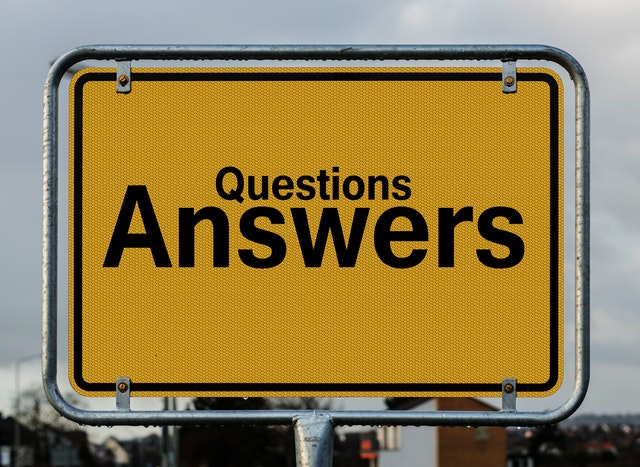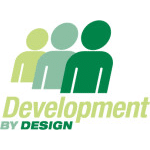What to Ask When Choosing a Team Coach

My last blog post described the difference between Team Building and Team Coaching.
So, now that you’ve decided that Team Coaching is right approach for you and your team, how do you go about choosing a great coach to partner with you?
A frankly unnerving task and the risk is high!
Here are some recommended questions to ask:
- What relevant training have you had?
Back in 2007, I was exhilarated to be exposed to team coaching in a 16-full-day, 6 module Organization & Relationship Systems Coaching training program. It was my first exposure to working with a whole team as “the client”. We learned how to pose questions to the team itself, rather than to a group of individuals, and gained numerous invaluable tools to equip coaches to reveal the team’s own dynamics to itself.
Now, as I deepen my team coaching training in a five-month program, Team Coaching Gateway led by global experts in the field, it is inspiring to see how team coaching is supporting remote teams in leading through the crisis and ambiguity of the COVID-19 pandemic.
There is a whole different set of skills to coaching a team than to coach a group of individuals. Make sure the coach you select (credentialed with the International Coach Federation as a minimum), can speak fully and specifically to their depth of training and to the opportunity for seasoned team coaches to observe their practice coaching as part of their training.
- What experience do you have actually COACHING teams? (versus facilitating or training)
You may well choose to engage with a Coach for their first team coaching assignment. Everyone has to start somewhere. Just be sure that the coach is honest with you about whether their previous relevant assignments have in actuality involved delivering a training session in coaching skills to a group of managers, for example…or facilitating an offsite for a team. Neither of these experiences is the same as coaching a team over time on their dynamics and their performance outcomes. Facilitating and training are NOT team coaching.
I have had the honour of coaching leadership teams as they have accomplished goals of growing their organizations through acquisition, gaining recognition as one of Canada’s Best Managed companies, establishing partnership between production and maintenance or turning around financial results after prolonged periods of struggle.
- What is your coaching philosophy or methodology?
Get the coach candidates talking about their underlying coaching philosophy. Listen for points of authentic passion, versus a rote sales pitch. What does the coach want YOU to know about them? A strong coach is interested in you knowing who they are (and who they aren’t), so that you can move along if you aren’t a great fit for working together.
For me, it’s very important that potential clients know that I have a strong focus on leveraging individual and team strengths as a starting point. When things are working well and this team is firing on all cylinders, what’s happening? I follow an Appreciative Inquiry philosophy (more about that in a future post). Other coaches may start with focusing on “what’s broken”?
It’s also important that potential clients know that my commitment to leveraging diversity within a team is part of my DNA. It is critical for me to support ALL the voices in the team in being heard. The introverts… the different thinkers…and the minorities in the group in whatever sense that is for your team. This is not a “trendy topic” for me, but a life-long commitment.
- Are there certain assessment tools that the coach prefers to use?
You’ve heard the saying, “When you have a hammer…everything can look like a nail.” This can be the case with assessment tools. Assessments are an insightful way to jump-start a coaching relationship. But beware the “one trick pony” coach who sees all your issues as being founded in just one thing because of the coach’s area of certification. For example: emotional intelligence, Myers-Briggs or a cultural diversity tool, etc. All great tools. Each serving different needs.
In my coaching practice, I have ensured that I am not wedded to any one specific tool. It is critical to truly partner with the Team Leader to identify what might be most helpful and to introduce assessments on a purely as-needed basis as the needs of the team reveal themselves. I am certified in 13 different high-caliber assessments that can be helpful to a Team and feel very strongly that having a range of tools at one’s disposal is important to not predetermine the best path of discovery.
- Caution: Don’t put undue focus on Industry experience.
An experienced, credentialed Team coach needn’t be steeped in your particular industry, as much as this might appear to be an important selection criteria. Sure, it helps when you don’t have to spell too many acronyms in your work together, and the basic KPI’s of your industry are understood by the coach, but I encourage you to put the heaviest weight on questions #1-4 before getting to specific industry experience. After all…YOU and your team are the experts in your business and you are choosing to partner with someone who is an expert in how teams best function.
Wishing you well with your Team Coach selection process!
And if you are still debating after a very analytical process involving interviews against these criteria…get quiet…stand back…and let your intuition point you to the best fit for challenging you and your team to bring out the best gains.
Read more posts about Teams
